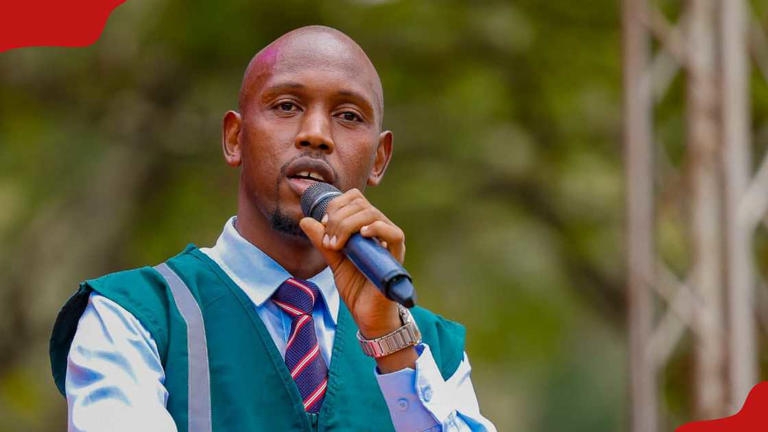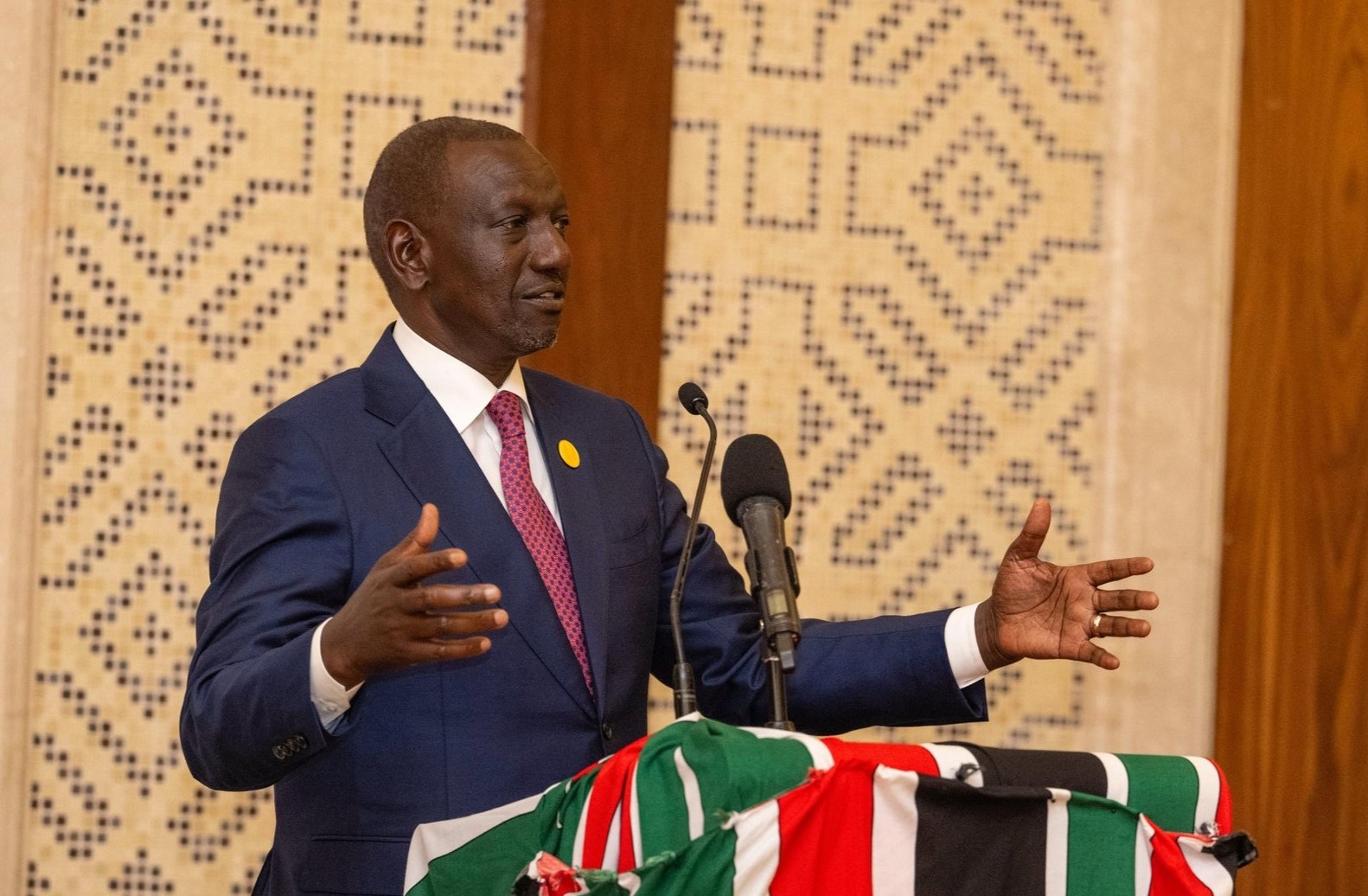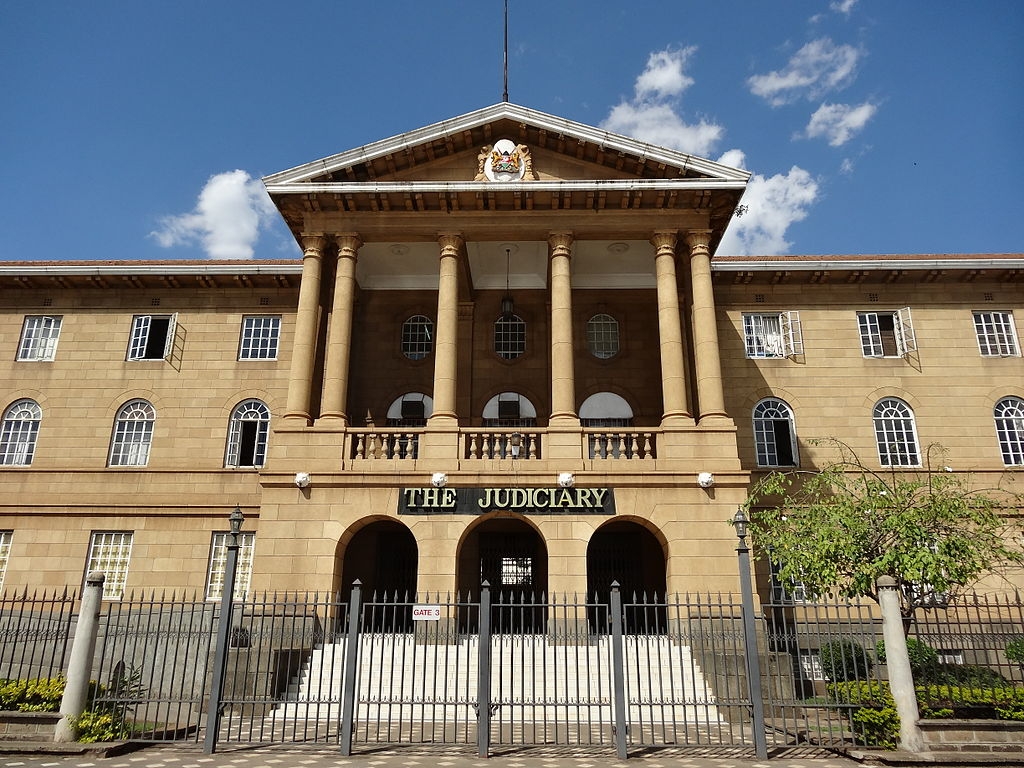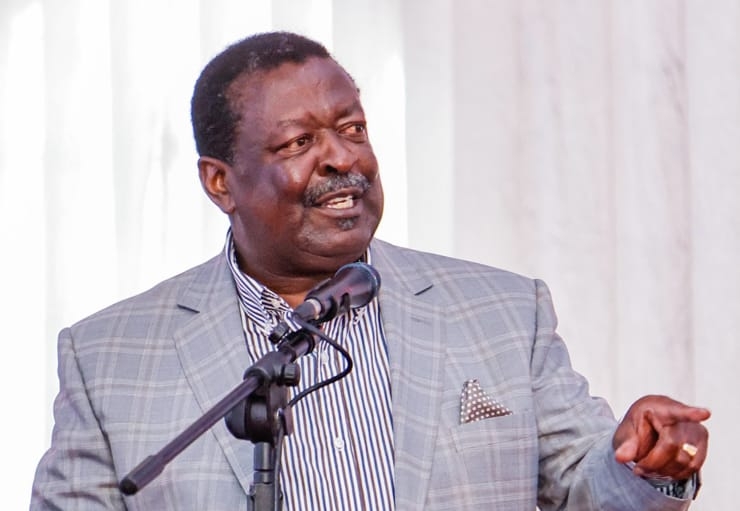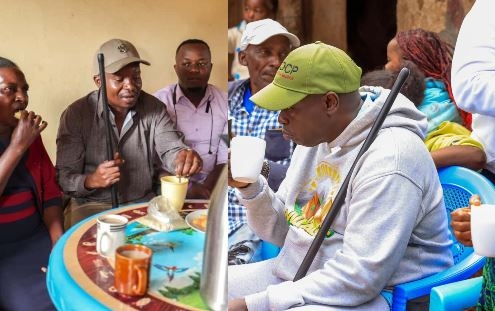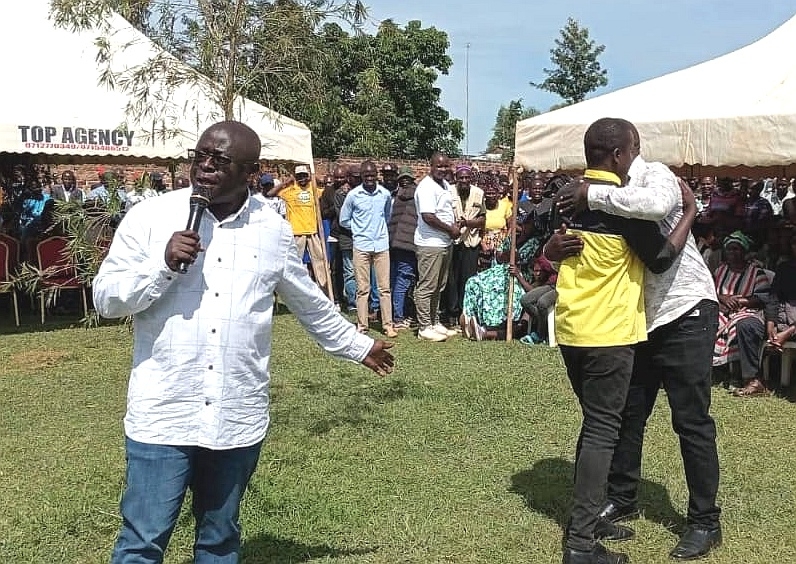Experts are making a strong pitch for nuclear in addressing the country’s energy needs, even as Kenya prepares to host the US-Africa Nuclear Energy Summit next week.
The four-day summit, to be graced by policymakers, technical teams and industry leaders will, among other things, discuss technology transfer and Africa’s preparedness to harness nuclear.
The summit will be held hot on the heel of the historic inclusion of nuclear energy in the Global Stocktake, hammered out during COP28 in Dubai last year, which called for accelerating the deployment of nuclear energy alongside other low-carbon sources.
Speaking in Nairobi on Wednesday, Kenya Nuclear Regulatory Authority (KNRA) Director General James Keter stressed the need for what he termed bringing everybody on board and getting it right through excellence in nuclear safety.
Mr Keter, who was accompanied by KNRA board chairman Omondi Anyanga, spoke when they met with Mr William Magwood, the Director General of the Paris-based Nuclear Energy Agency (NEA), and his team, to discuss areas of collaboration.
The KNRA DG said: “We cannot walk it alone. We require support to strengthen our regulatory framework, enhance our technical capabilities, and ensure our nuclear programme is developed responsibly and effectively.”
Mr Keter added that KNRA remains committed to enhancing its regulatory capability and will collaborate with industry leaders to advance Kenya’s nuclear programme. The country aims to have its first nuclear power plant operational by 2035.
Mr Magwood said his agency had built a 60-year legacy of enhancing cooperation among nuclear countries.
“There’s work to be done, we have launched a ‘common journey’ approach that will enable us to streamline our engagements towards sustainable nuclear energy programmes,” he said.
Chairman Anyanga said Kenya recognises the potential of nuclear.
“We are equally aware of the responsibilities that come with the development of nuclear. Ensuring the safety, security, and environmental sustainability of nuclear activities is of paramount importance,” he added.
Kenya and a host of other developing countries are considering nuclear energy as part of their strategies to increase electricity supply while reducing carbon emissions.
According to the Nuclear Power and Energy Agency (NuPEA), a site for the construction of Kenya’s first nuclear power plant has been identified along the coastal belt, and feasibility studies are underway.
While renewable energy will continue to play a vital role in Africa’s energy future, experts highlight the potential of innovative technologies, such as small modular reactors, to provide both low-carbon energy and energy security.
Kenya’s total installed energy capacity includes 863 MW from geothermal, 838 MW from hydro, 436 MW from wind, 2 MW from biomass, 173 MW from solar, and 678 MW from thermal sources. As of 2023, the country’s total installed electricity capacity stood at 3,321 MW.
NEA, an intergovernmental organization, facilitates cooperation among countries to achieve nuclear safety, with an emphasis on areas such as technology, science, environment, and law. It operates under the Organisation for Economic Co-operation and Development (OECD).
It is now leading efforts to help create an agency modelled along the NEA framework in Africa.





